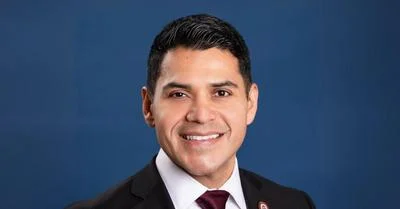Jenny Clark, the study author and State Policy Network’s Visiting Education Fellow | spn.org
Jenny Clark, the study author and State Policy Network’s Visiting Education Fellow | spn.org
New research from the State Policy Network sheds light on the difficulties parents encounter when enrolling their children in Arizona's Empowerment Scholarship Account (ESA) program. The study also suggests policy solutions to address these issues.
Arizona was the first state to implement an ESA program in 2012, and since then, 15 states have adopted a universal school choice program. The paper aims to serve as a resource for other states implementing similar programs, assisting lawmakers in improving ESAs for students and families.
Jenny Clark, the study author and State Policy Network’s Visiting Education Fellow, said: "This paper is intended to help states proactively address some of the challenges with implementing ESA programs. By equipping states with effective program design strategies, we can help them anticipate and avoid these issues altogether, better serving families and students."
Parents in Arizona reported frustrations with slow processing times, inconsistent approvals, and burdensome paperwork. Their concerns were categorized into five areas: long wait times for order processing, difficulty contacting ESA department staff, arbitrary approvals lacking flexibility, extensive documentation requirements, and vendor payment system issues.
In response to these concerns, the paper proposes several policy solutions for lawmakers: use risk-based auditing; make debit cards available; allow supplementary educational items without additional documentation; remove arbitrary restrictions on expenses; reinstate quarterly ESA parent surveys; and improve call-in and online help desk services.
The study authors noted: "Applying these policy solutions would go a long way for ADE to address the major concerns and complaints that Arizona ESA parents had with the program in 2024. Further, states seeking to enact and implement ESA programs of their own can learn much from the rollout of Arizona’s universal ESA program and the resulting parent feedback, both the good and the bad."
The full report is available online for further reading.
For interviews with one of the study authors, contact Camille Walsh at walsh@spn.org.
Information from this article can be found here.






 Alerts Sign-up
Alerts Sign-up